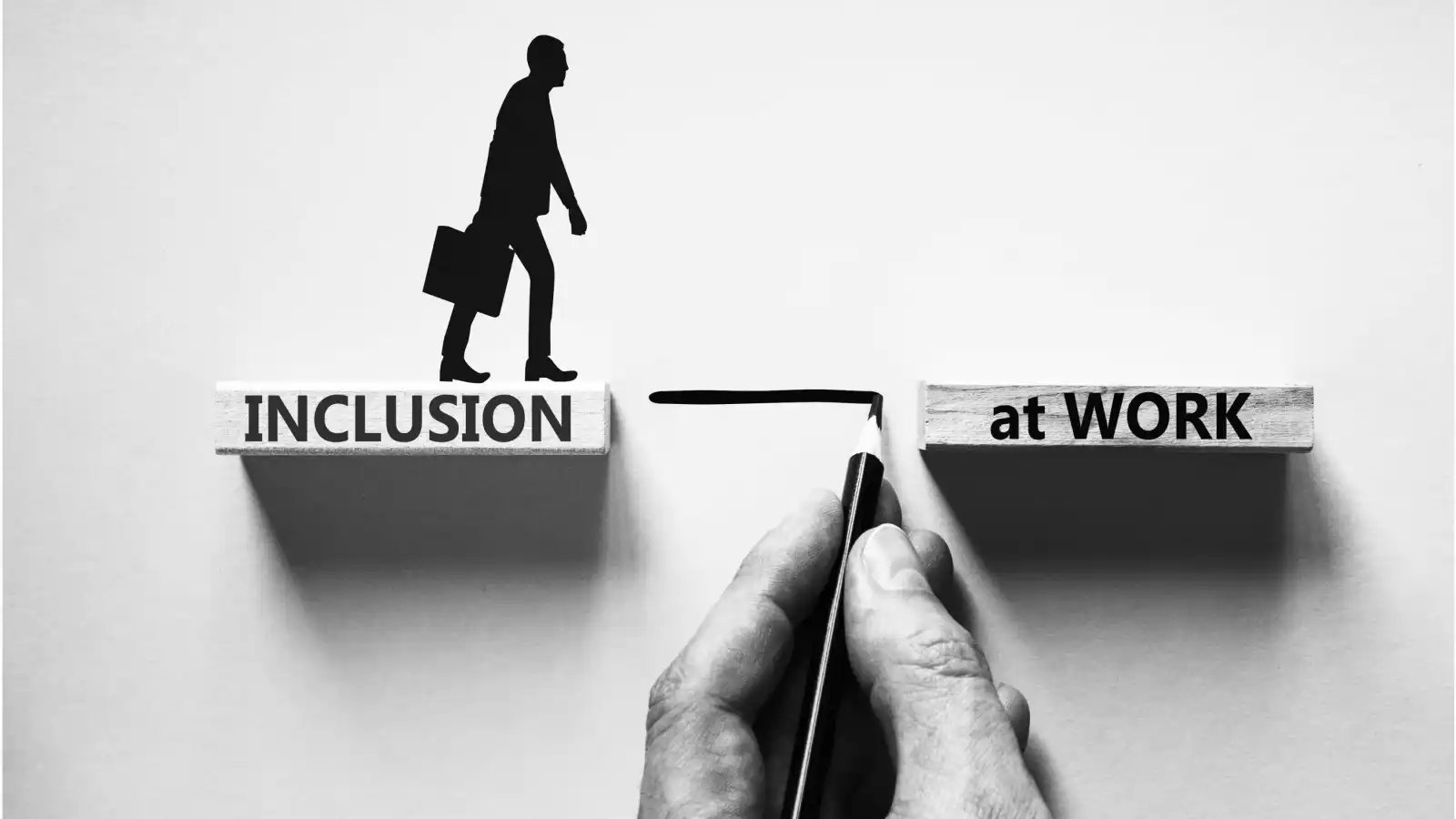Copyright Rolling Stone

Somewhere along the way, belonging became a buzzword. It found its way into award speeches, marketing decks and glossy diversity statements. But too often, it never left the page. And in industries where identity, representation and connection are the product, failing to move from tokenism to transformation isn’t just a reputational risk — it’s a business risk. The Cautionary Tale Every Industry Should Study In recent years, several major companies that once led the way in diversity, equity and inclusion have scaled back their commitments — and the results have been both visible and painful: consumer backlash, employee disillusionment, shareholder concerns and declining brand loyalty. When once-beloved brands begin to lose trust, the impact is immediate — messy public perception, internal uncertainty and shrinking market share. And if that can happen to retail giants with decades of consumer goodwill, imagine the stakes for entertainment and cultural brands — where loyalty is fleeting, audiences are global and competition is relentless. Why Entertainment and Culture Are Especially Vulnerable Movies, music, streaming platforms, fashion houses and festivals — all of these industries sell stories. And stories only resonate when they feel real. When belonging is absent behind the scenes — in casting calls, writers’ rooms, executive suites and festival lineups — it inevitably shows up in the final product. Audiences notice. They talk about it. They disengage. Inclusion and belonging aren’t about political correctness — they’re about cultural relevance. The fastest-growing audiences are diverse, vocal and deeply connected. Ignore them, and you’re not just losing market share — you’re forfeiting cultural capital. Who’s Getting It Right •Beyoncé’s Renaissance World Tour wasn’t just a concert; it was a global celebration of identity, artistry and community — seeming to be intentionally designed to center joy and belonging. Editor’s picks •Disney’s Encanto showed the power of authentic storytelling by engaging cultural experts and local voices from inception to production. The result was universal connection through specificity. •A24 Films has built a brand on inclusive, unconventional narratives — proving that creativity rooted in authenticity drives both acclaim and profitability. These successes aren’t coincidences. They are the result of belonging built intentionally into the creative process — from vision to execution. The Rolling Stone Culture Council is an invitation-only community for Influencers, Innovators and Creatives. Do I qualify? The Inclusion Framework for Culture Leaders In my nearly two decades advising Fortune 500 companies and creative enterprises, I’ve watched belonging evolve from a nice-to-have to a business necessity. My Inclusion Framework centers on three pillars: 1. Accountability: Leaders own the outcomes of cultural and creative decisions, from hiring to storytelling. 2. Authenticity: Representation without tokenism, ensuring lived experience is present at the table. 3. Alignment: Internal culture mirrors external messaging, so what audiences see reflects what teams live. Related Content When these pillars are in place, belonging isn’t a campaign — it’s a competitive advantage. The National Climate: Why Now Matters Across industries, there’s been a quiet retreat from DEIB commitments. Legal and political pressures have made some organizations cautious. But in entertainment and culture, retreat isn’t neutral — it’s a signal. When companies back away from inclusion, audiences interpret it as indifference. And in today’s environment, indifference costs more than investment ever will. The Bottom Line Culture drives revenue. Belonging drives culture. The entertainment and culture brands that will thrive in the next decade will be those that go beyond the checkbox — embedding belonging into every stage of creation, every decision and every team. The rest will fade into irrelevance — remembered not for their art or innovation, but as cautionary tales of what happens when inclusion becomes optional. Trending Stories It’s time to stop checking boxes and start building cultures where every voice has a place, every story has depth and every audience feels seen. That’s not politics — that’s the new bottom line.



